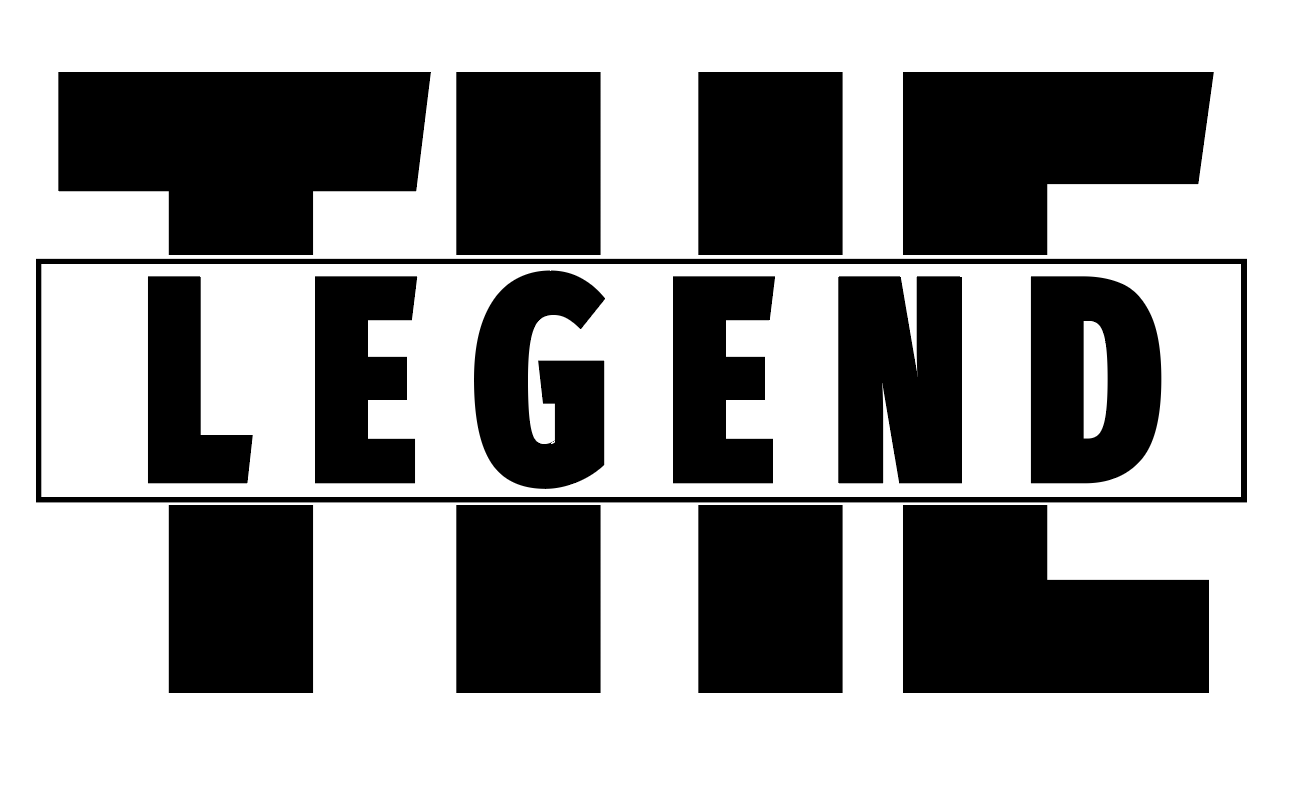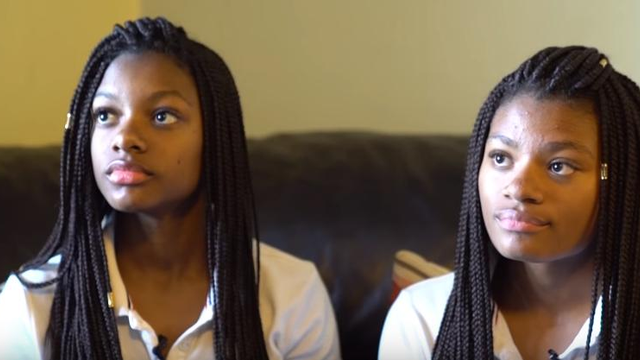I AM NOT MY HAIR
The natural hair movement still goes on, but schools seek to ban its effects on campus.
November 8, 2018
In India Arie’s song “I am not my Hair” she sings the words “I am not my hair, I am not this skin, I am not your expectations, I am not my hair, I am not this skin, I am the soul that lives within”- but schools today still need to be reminded that their students’ hair does not define their character. Some schools have implemented dress codes that now prohibit the wearing of hair extensions on school grounds, and it seems that African American students are the target of these policies.
Two students from Mystic Valley Regional Charter School, Mya and Deanna Cook, were kicked out of class because the school deemed their extensions as distractions. Other African American students who wear their hair in its natural state were told they would have to perm or chemically straighten their hair. The parents of these girls went to the school and showed administration pictures of Caucasian students with extensions in their hair, but the school did not take action because they claimed those extensions were not as obvious. Students who refused to comply with the rules face two options: drop out or get kicked out. Students may complain about uniforms they have to wear for school, but to target African American students for the way they wear their hair is truly discriminatory.
Many people have noticed a trend that has risen in recent years. Students have been kicked out of class for having dreads, hair wraps and even wearing their hair in its natural state. “Protective hairstyles are implemented to protect your natural hair so it does not break and for it to grow,” sophomore Londe Mondelus stated, and Kerheen Bresius also commented that “[I] would feel disrespected” if our school were to implement these types of codes. Schools have used these types of dress codes to target certain groups of students.
Administering these codes tells young black girls that there is a problem with their hair, and if they do not do something to fix it, they will face consequences. Schools that administer these rules are also the ones that preach that students should accept themselves for the way they are. Mondelus asked, “Why can’t I wear my hair how I should?” because African students should not have to have consequences for wearing their hair in certain ways. They also cause these young girls to have low self-esteem and feel inferior to others. These schools may feel as if they are helping their school environment, but it seems as if they are forcing their African American students to be more like their Caucasian peers. Students of other races can dye their hair and wear extensions without consequences, African American students seemingly cannot. Bresius stated, “The point of a dress code is so that we can express ourselves in all types of ways,” so really discriminatory dress codes have no place in the education system. Anyone can dye, cut or perm their hair but they cannot change the way it grows from the roots.

